Owning your own house is a dream that many Indians wish to fulfill. With property rates rising rapidly, it becomes difficult to buy a house without a home loan. It is quite hassle-free to a home loan from a banking or financial institution. But the loan comes with a heavy EMI. Usually, the EMI is heavy on interest and low on the principal amount. The government of India understands the pain of an individual and hence provides a tax benefit against the interest and principal amount. Section 24 of income tax act deals with such tax benefits or deductions for interest on the home loans.
Deductions Under Section 24 Of Income Tax Act
Standard Deduction
A standard deduction of 30% is allowed to the taxpayers on the net annual value. This deduction is by default not applicable to self-occupied house property. Since the net annual value is nil for a self-occupied property the standard deduction is also nil.
Interest on Home Loan
Section 24 provides for deduction for interest on a home loan of up to Rs 2,00,000 in a financial year. The assessee can claim a deduction up to Rs 2 lakh while computing his/ her total taxable income under the head of house property. The loan must be taken to acquire, construct, repair, renew or reconstruct the property. However, the deduction is not available on any brokerage or commission an assessee pays to any middlemen or agents. An assessee must calculate the total interest paid payable under each EMI and then claim the tax benefit.
Explore our article on Section 80EEB of Income Tax Act
Conditions for Claiming Interest on Home Loan
The following conditions must be met to claim the deduction under section 24 of the income tax act:
Deduction up to Rs 2,00,000 Under Section 24 Of Income Tax Act
- The taxpayer must acquire, construct, repair, renew or reconstruct the property with borrowed capital
- The loan is taken on or after the 1st day of April 1999
- Such acquisition or construction is completed within five years from the end of the financial year in which capital was borrowed
- The assessee needs to submit a certificate from the person to whom any interest is payable on the capital borrowed. Here this person can be a financial institution or a banking company. In any case, the certificate must specify the amount of interest payable by the assessee for the purpose of acquisition or construction of the house property. Obtaining this certificate is not a tough task. Usually, the financial institution or a banking company provides this certificate annually and at the start of the loan period.
- The house property is either self-occupied or is vacant. In the case where the property is rented out, the entire amount of interest is allowed as a deduction without any limit
Deduction of Rs 30,000 Under Section 24 Of Income Tax Act
- In case a taxpayer fails to satisfy any of the above conditions, he/ she can claim only Rs 30.000 as a deduction u/s 24
- The loan is taken on or before the 1st day of April 1999 to acquire, construct, repair, renew or reconstruct the property with borrowed capital
Pre-Construction Interest: Deduction for Under Sectio 24
Till now we have seen the income tax department allows deduction against an already constructed or purchased house property. This implies deduction for an interest post-construction or purchase of a house property. However, an assessee also incurs interest cost during the period of construction or purchase which is known as pre-construction interest.
Section 24 of the income tax act provides for deduction on pre-construction as well as post-construction interest.
The below conditions apply:
- The total deduction against pre-construction interest is limited to Rs 2 lakh just like post-construction interest
- If the loan is taken for repair or reconstruction then the deduction is not available
- The deduction is available in 5 equal installments for each financial year. The first installment is available in the year in which the house is purchased or construction is completed.
- Example- Mr. Arun takes a loan to construct a new house. During the pre-construction period, he has paid a total interest of Rs 6 lakh. The construction is over on 5th May 2019. He can claim the total Rs 6 lakh interest in 5 installments. Every year he can claim Rs 1,20,000. The first claim he can take in the financial year 2019-20 and then claim for the next 4 financial years.
Exceptions Under Section 24 Of Income Tax Act
- No deduction against any commission or brokerage. However to arrive at the net annual value of the property you can deduct municipal taxes from the gross value.
- The assessee must possess a certificate of interest against the home loan
- If the house is not occupied by the owner the there is no upper limit on the amount of tax deduction.
Section 24 and Section 80EE Of Income Tax Act
While calculating the total income an assessee can claim a tax deduction against interest payable on the loan.
However, the following conditions apply:
- The home loan is taken to purchase a house property for residential purpose only
- The loan is taken by him/ her from any financial institution for the purpose of acquisition of a residential property.
- The loan must be sanctioned between the period beginning from 1st April 2016 and ending on 31st March 2017
- As on the sanction date, the taxpayer must not own any other house property
- The loan sanction amount is less than Rs 35 lakh to acquire a residential house property
- The Total value of the house property is less than Rs 50 lakh
An assessee can claim tax deduction under both the section. All you need to do is satisfy the conditions under both the section. First claim tax benefit under section 24 of income tax act up to Rs 2 lakh. Further, claim the next Rs 50,000 of interest on home loan under section 80EE. This way you can ensure you claim a total of Rs 2,50,000 against interest
Income from House Property
A taxpayer can earn income from house property in the following cases:
| Income From House Property | Scenario | Amount of Income |
| Rental Income | The taxpayer receives rental income from the tenant against a let out property | Rental amount per month excluding any maintenance charges. |
| Deemed to be let out | The taxpayer owns more than 2 house properties | Gross Annual Value(deemed income) |
| Self Occupied | Taxpayer is living in the house | NIL |
The income from house property is calculated as follows:
| Particulars | Amount |
| Gross annual Value | XXX |
| Less: Municipal Taxes or Taxes paid to local authorities | XXX |
| Net Annual Value (NAV) | XXX |
| Less: Standard Deduction (30% of NAV) | XXX |
| Less: Interest on Housing Loan | XXX |
| Less: Pre-construction interest | XXX |
| Income from House Property | XXX |
What is Gross Annual Value ?
The annual value of the property will be calculated as follows:
- A sum of rental income that the assessee expect to receive year on year will be the gross annual value. This calculation is usually used for deemed let out property
- The property may let out the property during the financial year. The assessee receives rental income less than the amount specified in point (1). In such a case the actual amount of rental income received will be the gross annual value of the property.
- The property may let out the property during the financial year. The property was vacant for whole financial year or a part of the financial year. Owing to such vacancy the actual rent received or receivable by the owner is less than the amount specified in point (1). In such a case the actual amount of rental income received will be the gross annual value.
Illustration on Income Under The Head House Property
Mr. Arun has taken a loan from a financial institution. He pays an EMI of Rs 36000 per month.
Case-1 He lives in the house i.e. the property is self-occupied by him. The total EMI paid in the financial year is Rs Rs 4,32,000. Interest paid is Rs 264000 and the principal amount is Rs 1,68,000. The pre-construction interest is Rs 3,00,000. Hence, the pre-construction interest every financial year is Rs 60,000
Case-2 He has let out his property for Rs 40,000 per month.
| Particulars | Self- Occupied | Let-Out |
| Gross Annual Value | NIL | 4,80,000 |
| Less: Municipal Taxes or Taxes paid to local authorities | NA | 10,000 |
| Net Annual Value (NAV) | NIL | 4,70,000 |
| Less: Standard Deduction (30% of NAV) | NA | 1,41,000 |
| Less: Interest on Housing Loan | 2,00,000 | 2,64,000 |
| Less: Pre-construction interest | 60,000 | 60,000 |
| Income from House Property | (2,60,000) | 5,000 |
| Loss | (2,00,000) | – |
It is to be noted that an assessee can set-off a maximum loss in a financial year is limited to Rs 2,00,000. The remaining loss can be carried forward to future years – 8 years in total. However, in these 8 years, it can only be set off from income from house property.
You can explore our article on Section 43B
Frequently Asked Question
The main difference between Section 80EE and Section 24 of the Income Tax Act lies in the tax deductions they offer. Section 80EE allows individual taxpayers to claim a maximum deduction of INR 50,000 in a financial year for properties purchased individually or jointly with another person.
In contrast, Section 24 of the Income Tax Act provides a maximum deduction limit of INR 2,00,000 for self-occupied or vacant properties.
Yes, it is possible to claim tax benefits under both Section 80EE and Section 24 of the Income Tax Act within the same financial year.
Yes, you can claim a deduction under Section 24 for each financial year.
The maximum deduction limit under Section 24 may vary depending on the circumstances:
For income from a rented property, the standard deduction under section 24A is 30% of the Gross Annual Value (GAV).
OR
For self-occupied properties, a deduction of up to INR 2 lakh can be claimed under section 24(b) for home loan interest payments.
OR
For rented properties, the entire home loan interest payment can be claimed as a deduction.
Popular Income Tax Sections
Related Articles
- Deductions Under Section 24 Of Income Tax Act
- Conditions for Claiming Interest on Home Loan
- Pre-Construction Interest: Deduction for Under Sectio 24
- Exceptions Under Section 24 Of Income Tax Act
- Section 24 and Section 80EE Of Income Tax Act
- Income from House Property
- What is Gross Annual Value ?
- Illustration on Income Under The Head House Property
- Frequently Asked Question
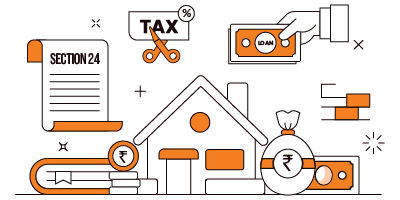











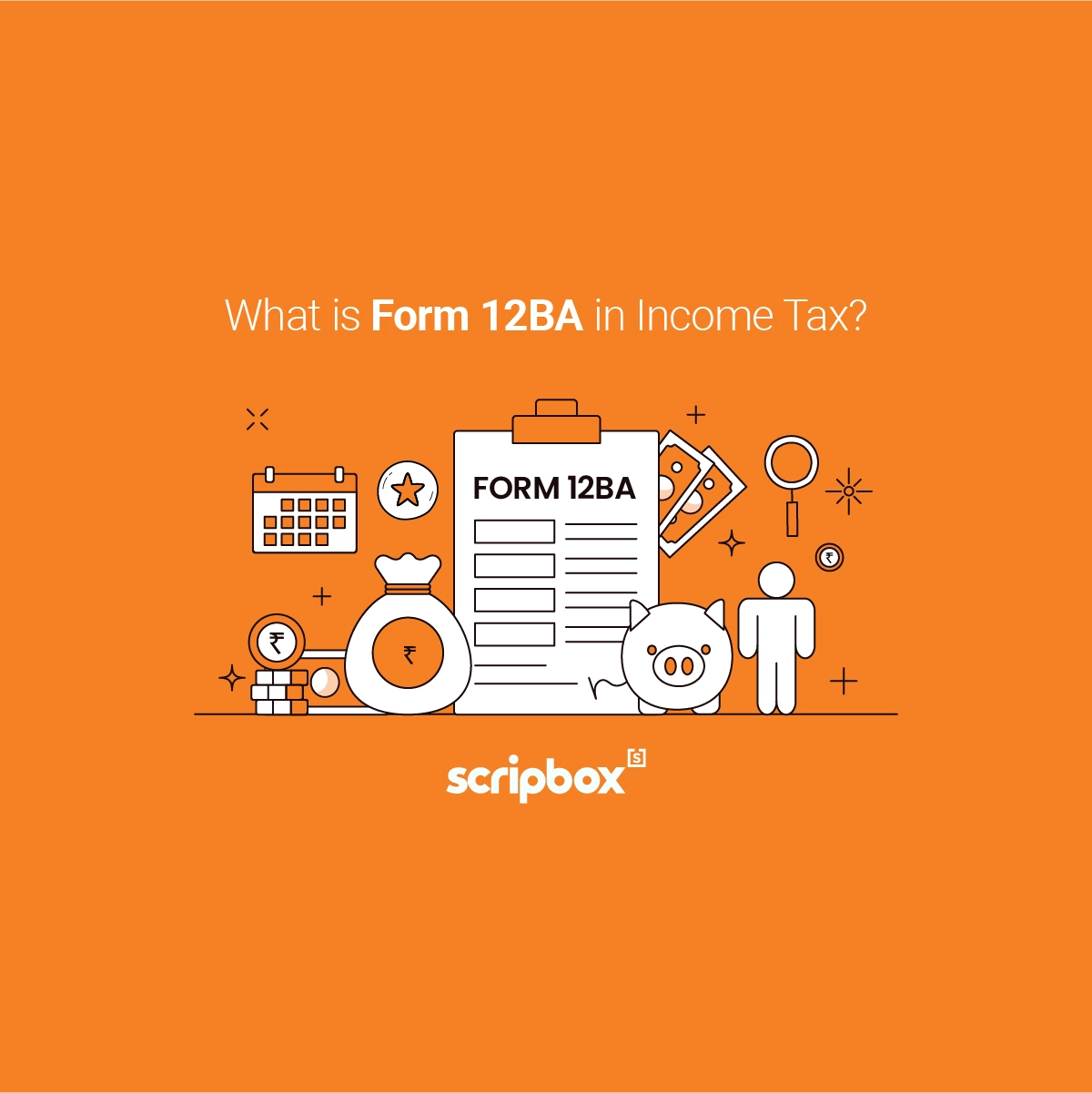
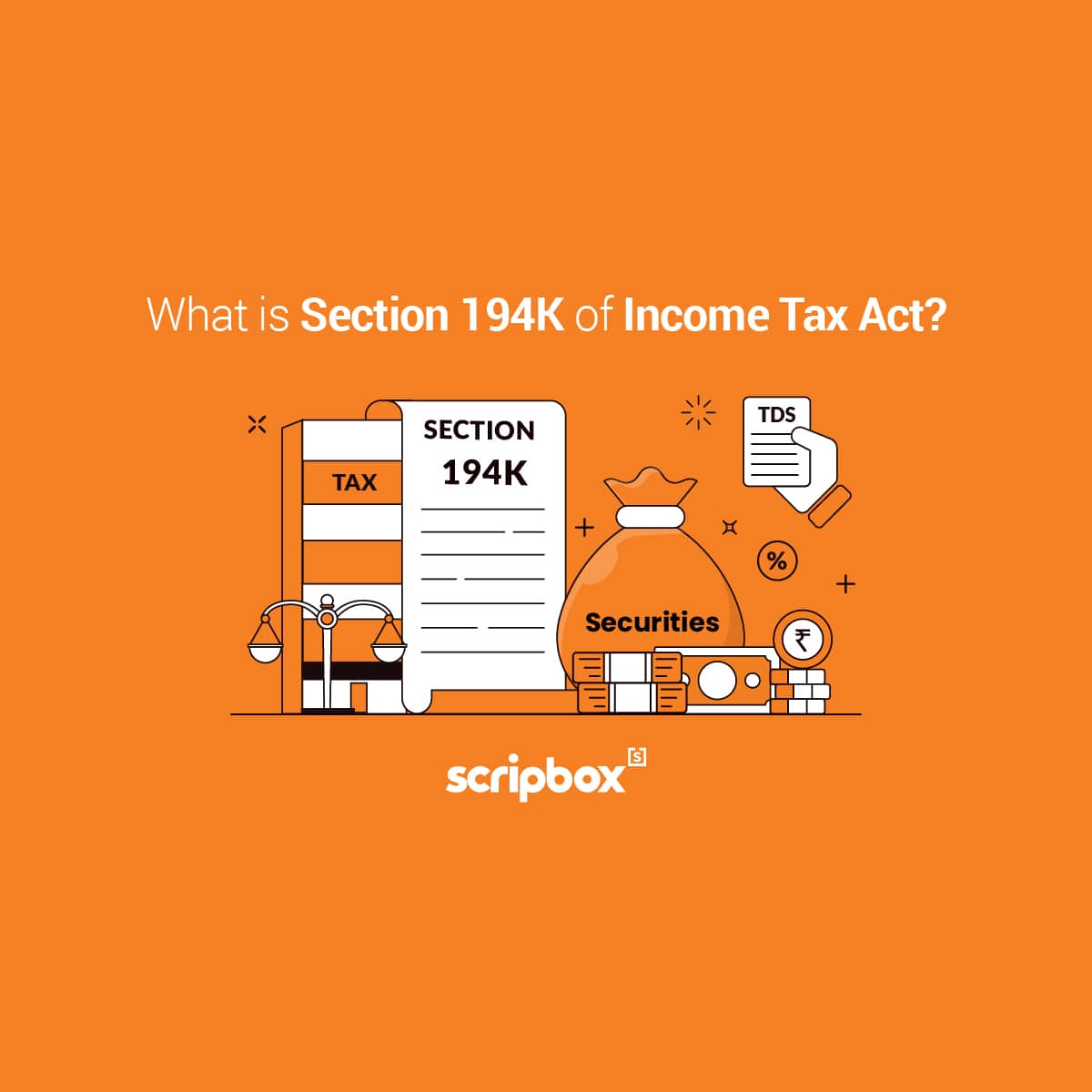
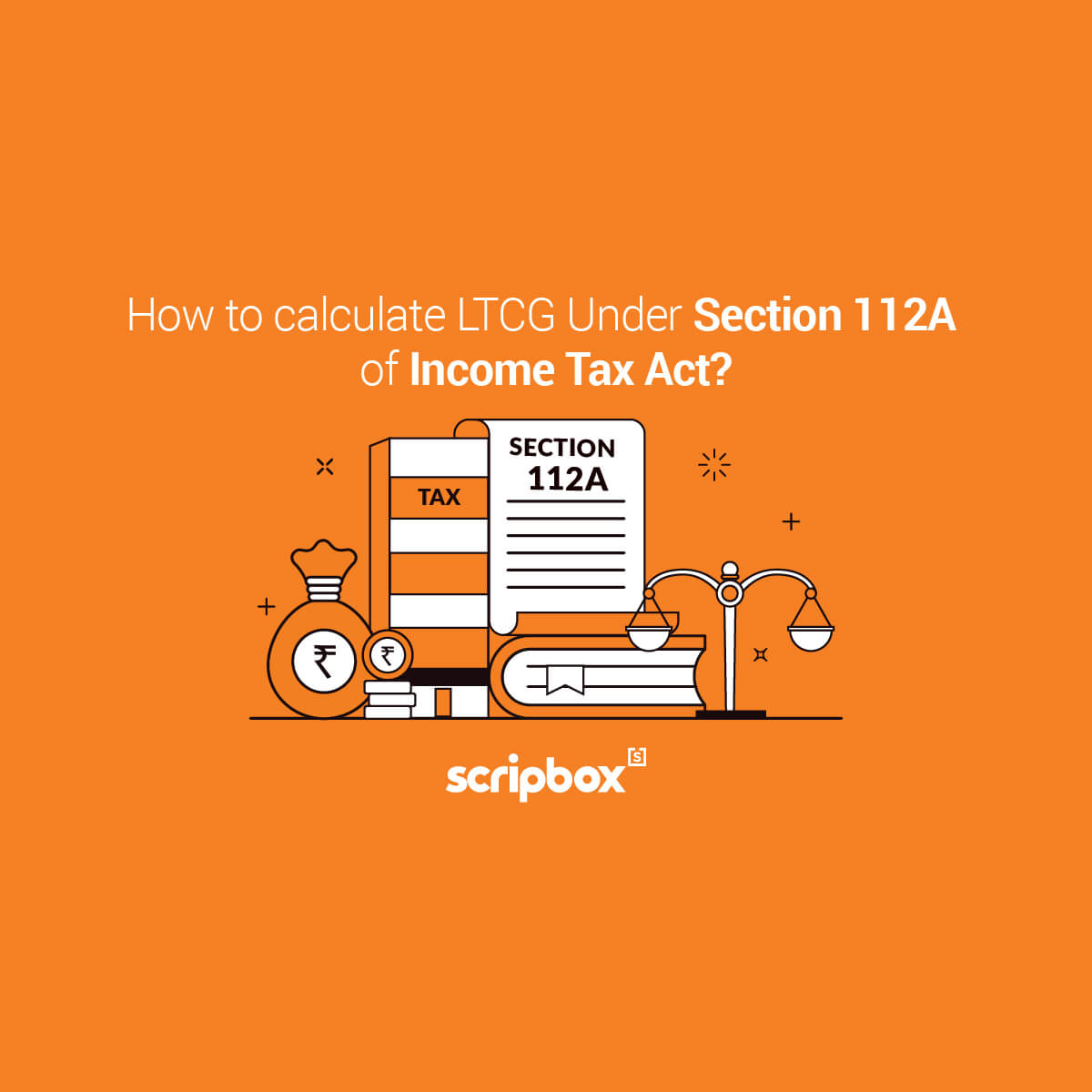
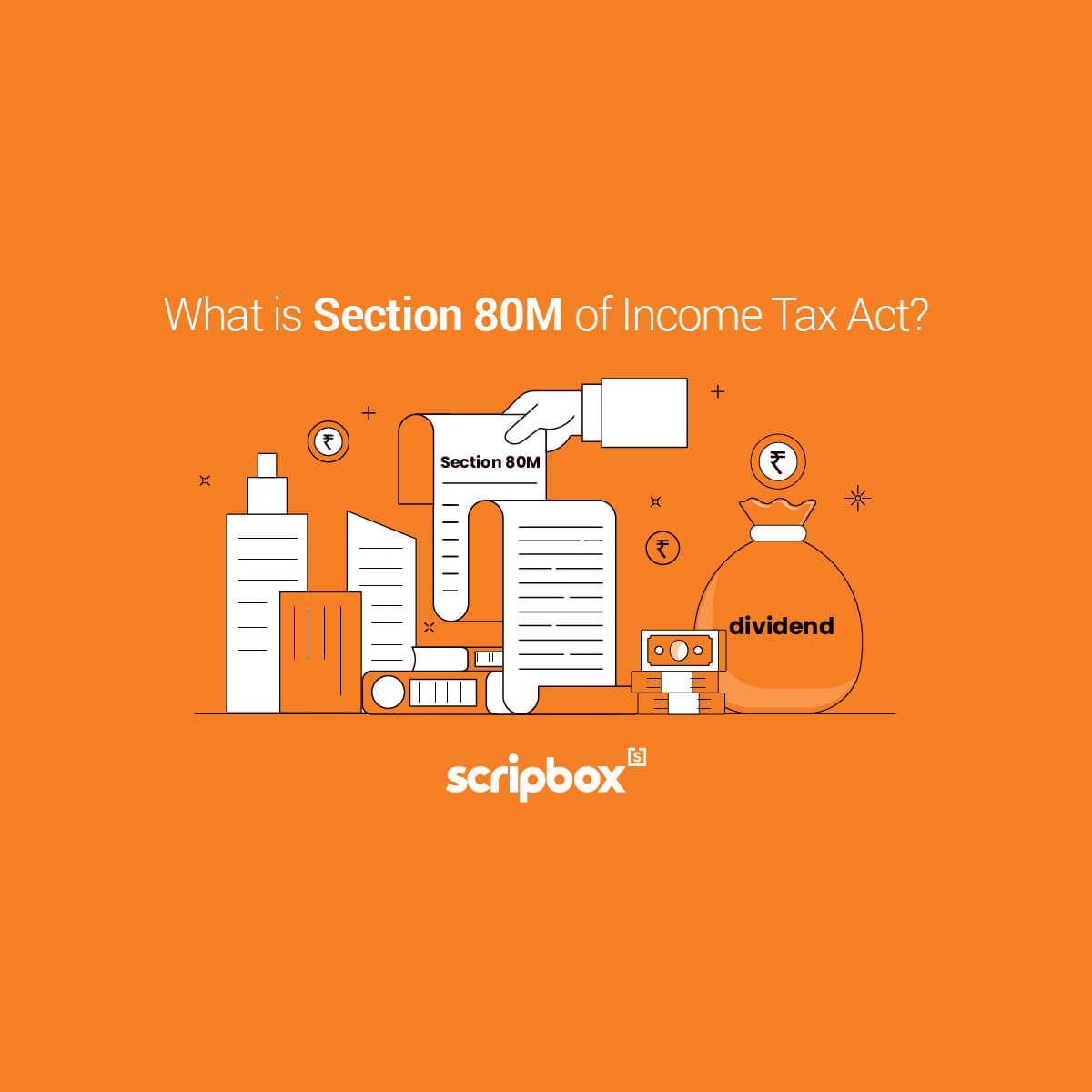
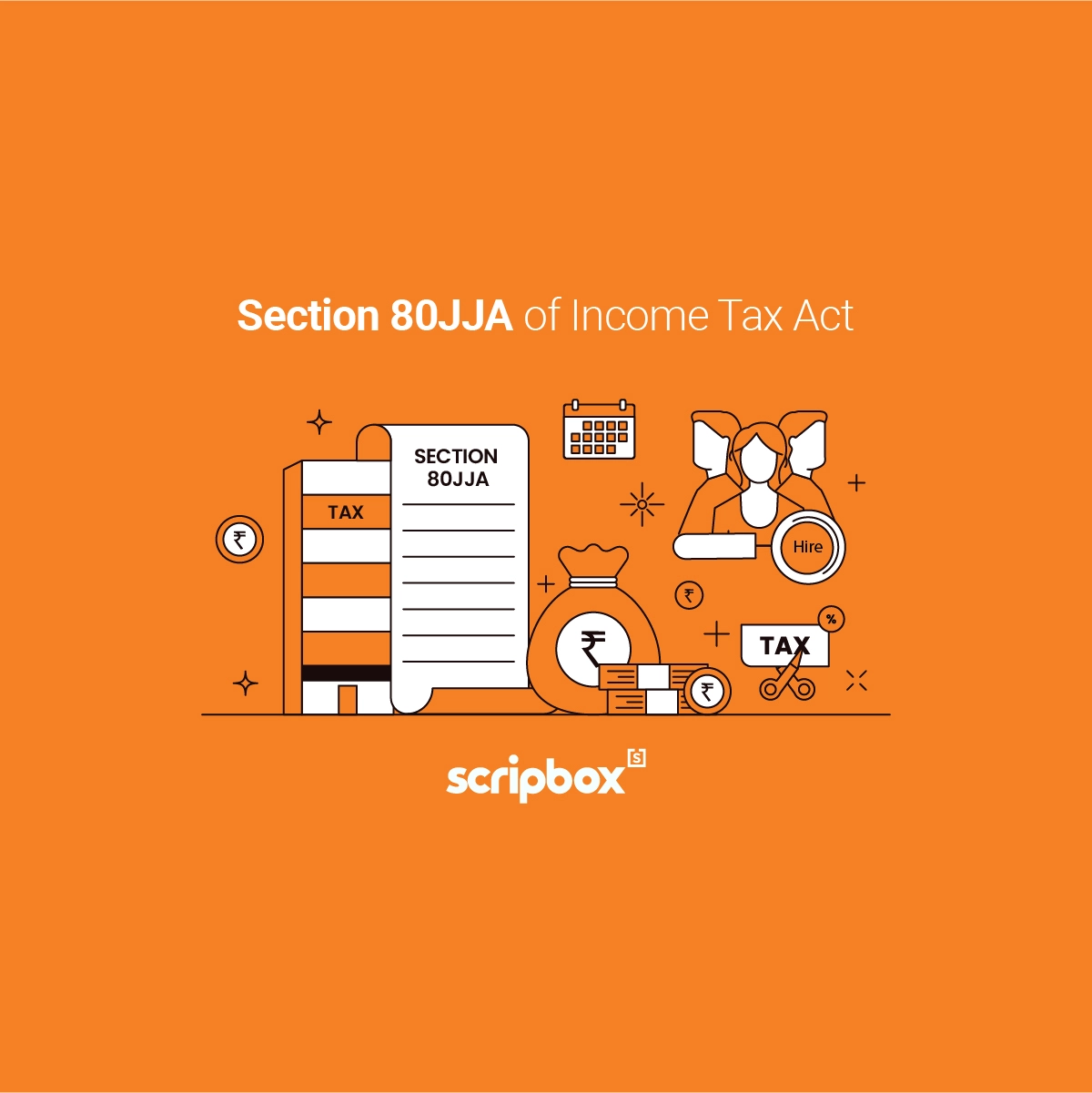
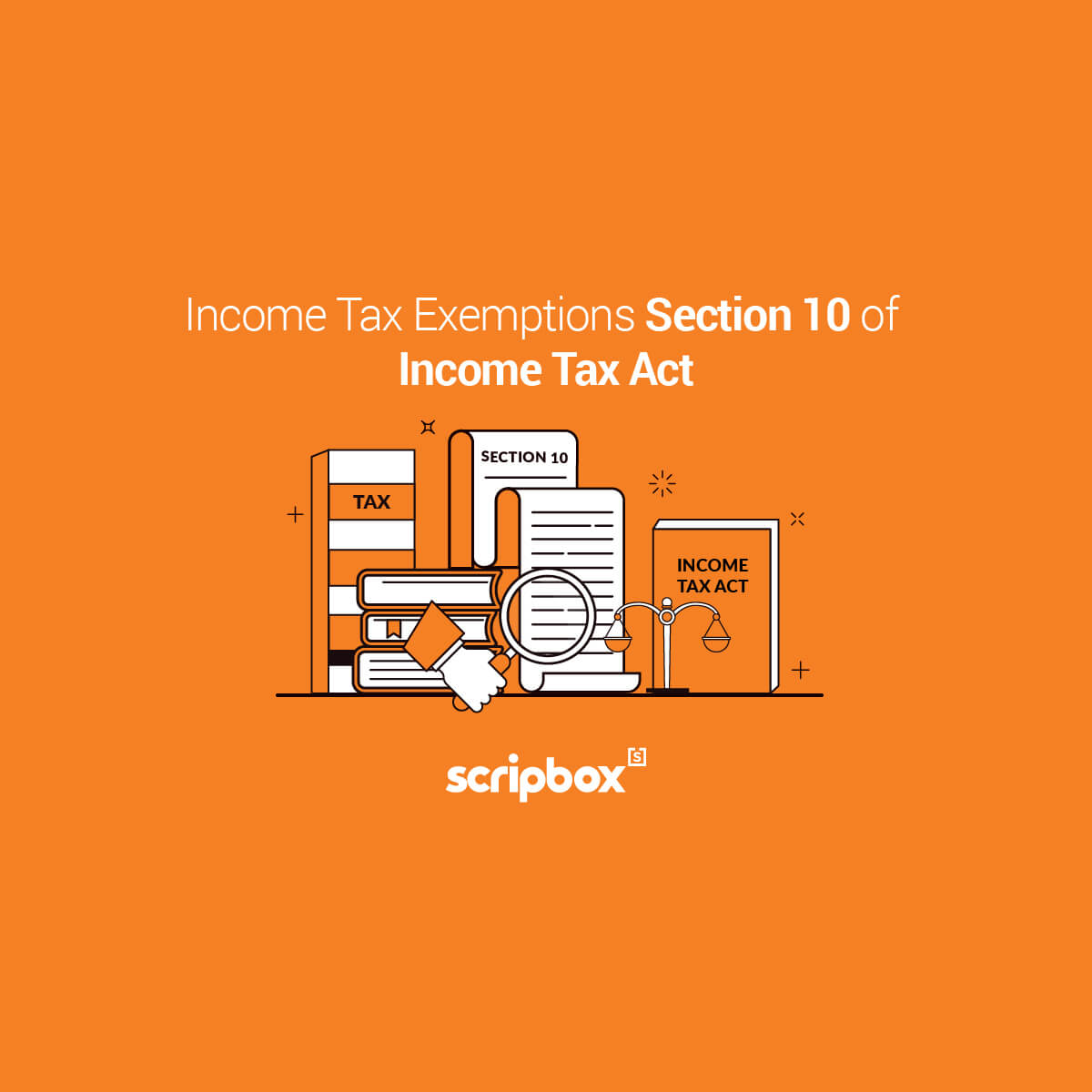






Show comments